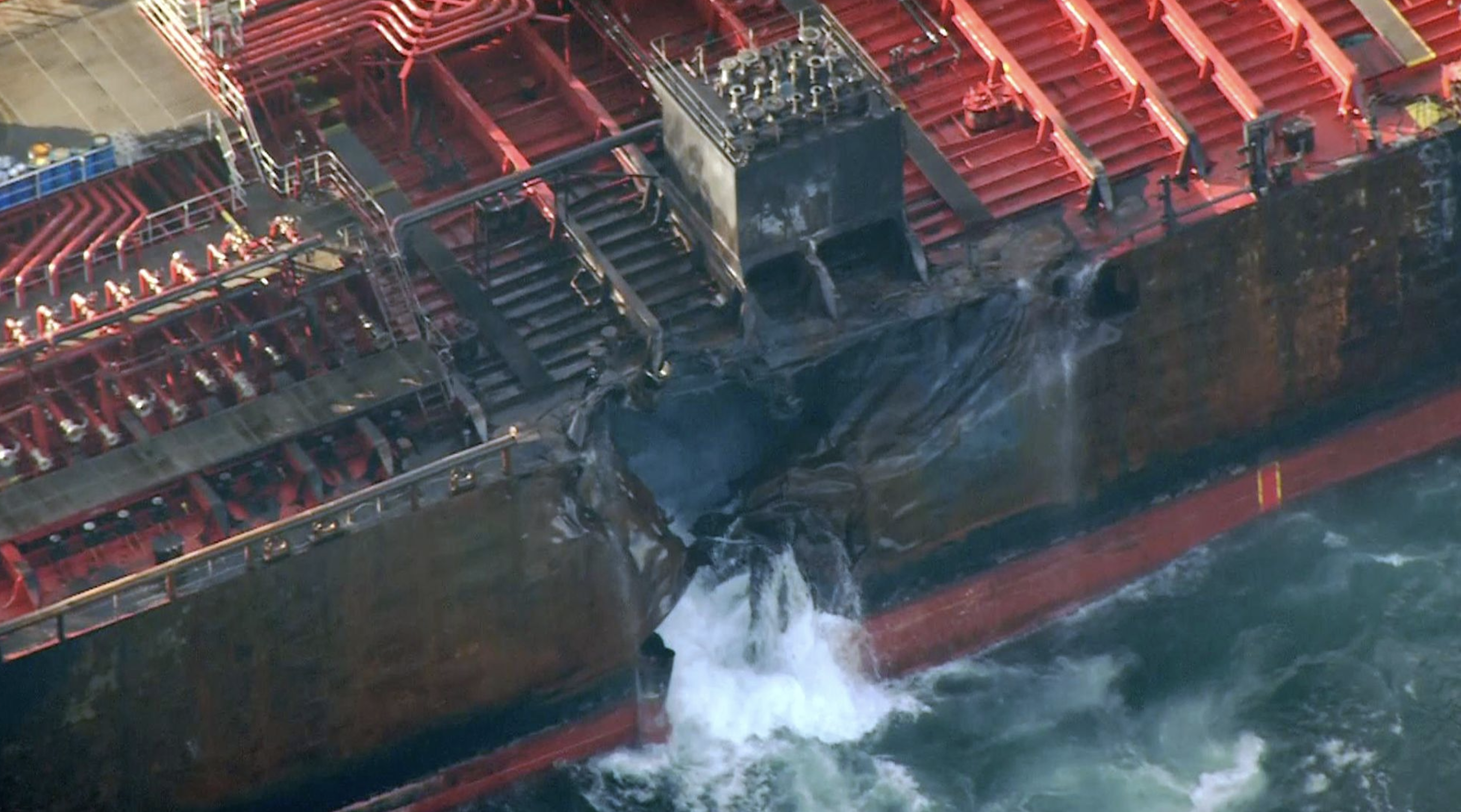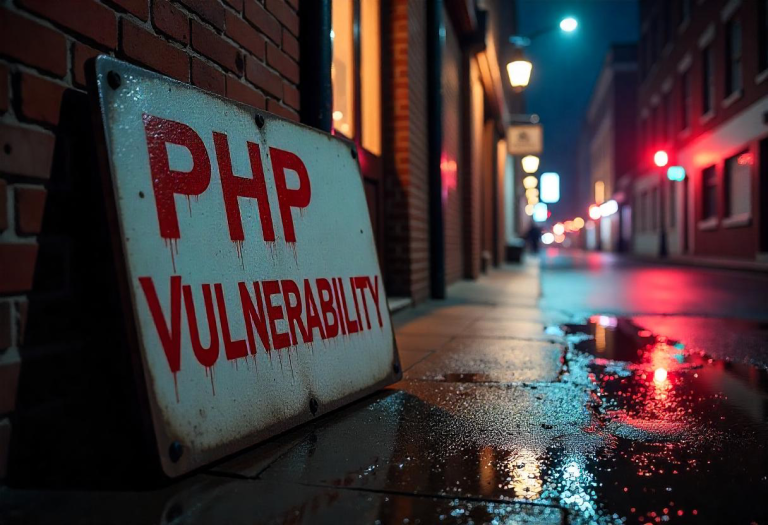
A collision between a cargo ship and an oil tanker in the North Sea has resulted in pollution that experts are calling an “immediate environmental disaster.” Fuel leaking from the collision between a cargo ship and an oil tanker in the North Sea could cause “devastating” harm to marine life, experts have warned, as authorities launched an investigation into the incident.
Fires were still burning aboard both vessels 24 hours after the Stena Immaculate tanker and the Solong cargo ship collided off the Yorkshire coast on Monday morning. The search for a missing crew member was suspended overnight.
As investigations intensified, Downing Street stated that no evidence of foul play had been discovered in the North Sea collision. The owner of the Solong, German maritime company Ernst Russ, denied reports that the vessel was carrying containers “laden with sodium cyanide.”
According to HM Coastguard, the Solong detached from the Stena Immaculate—which was transporting jet fuel for the US military—at 11:20 PM on Monday, approximately 13 hours after the collision. A spokesperson confirmed that authorities were closely monitoring the situation and had established a 1km exclusion zone.
A U.S. sailor aboard the Stena Immaculate recounted to CBS News that the Solong “came out of nowhere,” leaving the crew with “only seconds to react.”
The crew member described flames engulfing the sailors as they evacuated the burning ship, with some suffering singed hair in the process. See Wendy Williams Hospitalized After Disturbing Cry for Help.
The entire ordeal, from the moment of impact to the evacuation, lasted approximately 30 minutes, they said.
The sailor also noted that the Stena Immaculate had anchored at the location and shared its coordinates on Sunday, meaning other vessels should have been aware of its position.
Experts say the spills from the North Sea collision are likely to take “weeks or longer” to clean up, and given the chemical’s high toxicity, specialised hazardous material teams are needed for clean-up operations.
- The Death of Fish Magnet and Why Kidnapping Continues to Thrive in Nigeria - August 2, 2025
- The Fall of Intelligence - July 10, 2025
- UK to Tighten Visa Rules for Nigerians and Pakistanis Due to Overstaying Concerns - May 7, 2025
Discover more from TruthPost
Subscribe to get the latest posts sent to your email.






